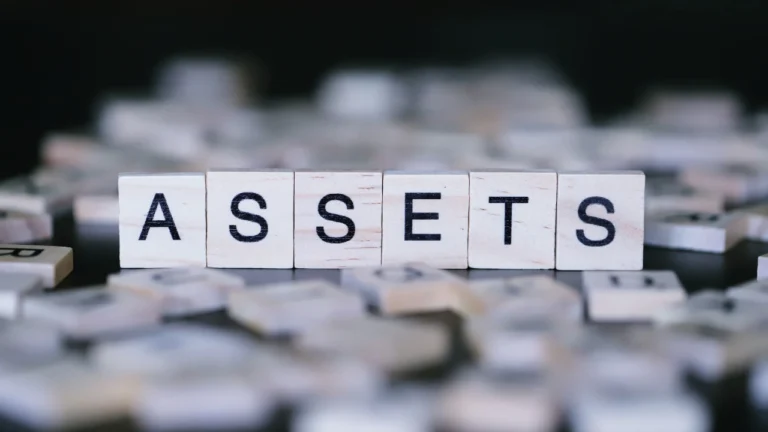Capital Currency Solutions LLC is a debt collection and receivables management company based in Lockport, New York. They collect debts on behalf of original creditors and may contact you via phone, email, letters, or legal notices.
Some consumers report aggressive or unlawful collection tactics such as harassing calls from 855) 640-9945, which could violate federal law. If you feel harassed or threatened, it’s important to know your rights under the Fair Debt Collection Practices Act (FDCPA) and other consumer protection laws.
Who is Capital Currency Solutions LLC?
| Detail | Information |
|---|---|
| Location | Lockport, New York |
| Phone | (855) 640-9945 |
| Fax | (716) 221-9001 |
| Industry | Debt collection / Receivables management |
| Experience | Over a decade in operation |
Despite claims of “professional service,” consumer reviews highlight issues such as:
Excessive calls or emails
Unauthorized fees or charges
Ignoring cease-and-desist requests
Misleading statements about debt obligations
These behaviors may be FDCPA violations, giving you the right to challenge them legally.
How Debt Collectors Like Capital Currency Operate
Debt collectors often buy or receive placement of unpaid debts from original creditors. Their goal is to recover the amount owed, sometimes through phone calls, letters, or legal action.
Key legal protections include:
FDCPA: Regulates how collectors can communicate, prohibits harassment, false statements, and unauthorized disclosures.
FCRA: Ensures accurate reporting on credit reports and protects you from false entries.
Collectors are not the original creditors. This sometimes incentivizes aggressive tactics, making it crucial to understand your rights.
How to Stop Capital Currency From Contacting You?
Document Every Interaction
Log calls, emails, letters, and notes about threats, abusive language, or timing violations.Request Debt Validation
Ask them to provide proof that the debt is legitimate and the amount is correct.Send a Cease-and-Desist Letter
Under 15 U.S.C. §1692c, demand that all collection contact stops except as legally permitted.Consult a Consumer Protection Attorney
If harassment continues, legal counsel can help enforce your rights and pursue damages.
Removing Capital Currency from Your Credit Report
Inaccurate accounts can lower your credit score by 50–100 points. Steps to dispute:
Request free reports from Experian, Equifax, and TransUnion.
Identify errors or unknown debts.
Gather documentation, including payment records or validation letters.
Submit written disputes to each credit bureau.
Follow up: Bureaus must investigate within 30 days.
How to Negotiate Settlements Safely?
If the debt is valid:
Verify the debt before negotiating.
Offer a lump sum or payment plan you can afford.
Ensure the agreement is in writing and confirms debt is settled.
Never authorize automatic withdrawals; pay via money order or cashier’s check.
Legal experts can help negotiate while protecting your rights.
Conclusion: What to Do Next
If you’re dealing with Capital Currency Solutions LLC debt collection harassment or need help understanding your rights as a consumer, there are steps you can take. Here are some next steps:
- Contact a consumer protection agency: Organizations like the Federal Trade Commission (FTC) or the (CFPB) can provide guidance and assistance.
- Consult with a lawyer: A lawyer can help you understand your rights and represent you in disputes with debt collectors.
- File a complaint: If you’re being harassed by a debt collector, file a complaint with the FTC or your state’s attorney general’s office.
- Seek debt counseling: Non-profit credit counseling agencies can provide guidance and assistance with managing debt.
Remember, you have rights as a consumer, and it’s essential to assert them when dealing with debt.

Consumer Rights Law Firm Center
Consumer Rights Law Firm is a law firm that specializes in helping clients who are facing Capital Currency Solutions LLC debt collectors and harassment in any form, including telephone communication. Rather than suffer alone, contact our office to begin the process to stop the Capital Currency Solutions harassment. Our office has been assisting consumers since 2010. We have an A+ rating with the Better Business Bureau.
If you are interested in learning more about how to safeguard yourself and prevent harassment from Capital Currency Solutions call us at for immediate assistance or visit our website.
FAQs
What are Capital Currency Solutions reviews like?
Capital Currency Solutions reviews are mixed. Some clients report professional and efficient service, while others mention aggressive debt collection practices. You can also check Capital Solutions reviews consumer reports for verified feedback.
What is the Capital Currency Solutions phone number?
You can contact Capital Currency Solutions at (855) 640-9945. For fax communications, use (716) 221-9001. Always document calls for your records if dealing with debt collection.
Is Capital Currency Solutions legit?
Yes. The company is registered and has been in business for over 10 years. Experiences vary, but it is a legitimate business. Still, people do their own research through different resources!
What counts as harassment from Capital Currency Solutions LLC?
Harassment may include repeated or excessive calls, threats, contacting you at work after being asked not to, or using abusive language. Documenting these interactions is important if you plan to dispute the debt.
How can I stop Capital Currency Solutions debt collectors from contacting me?
You can request debt verification, send a cease-and-desist letter via certified mail, file complaints with the CFPB or FTC, or consult an attorney specializing in consumer rights.
Can Capital Currency Solutions debt collectors contact me at work?
No. Under the Fair Debt Collection Practices Act (FDCPA), debt collectors cannot contact you at your workplace if you’ve informed them that your employer does not allow it.







